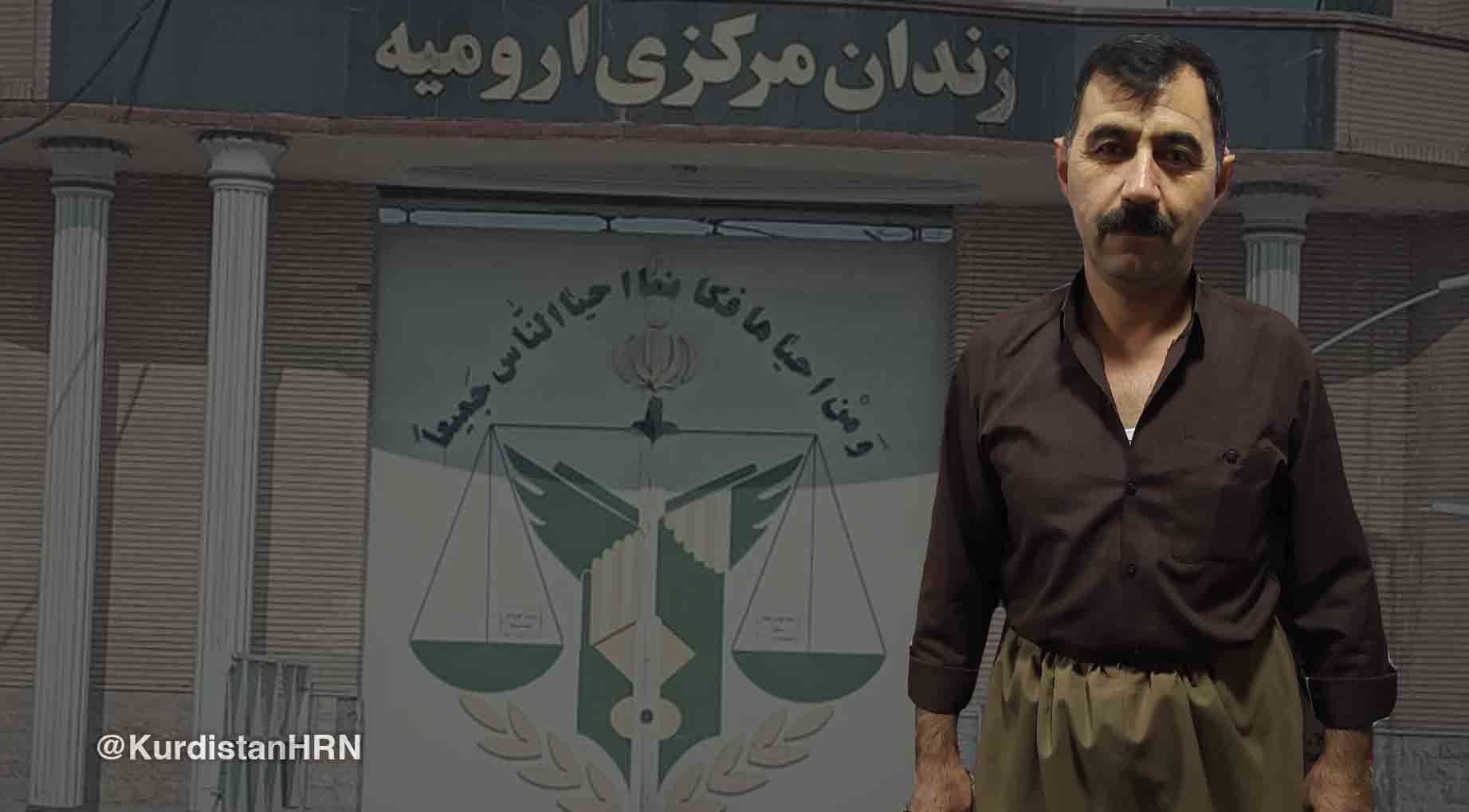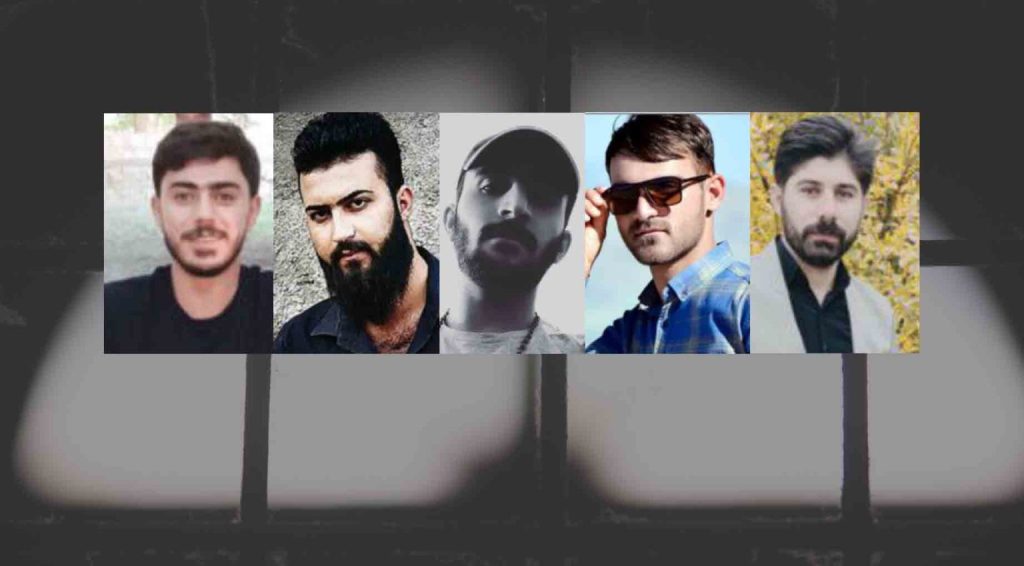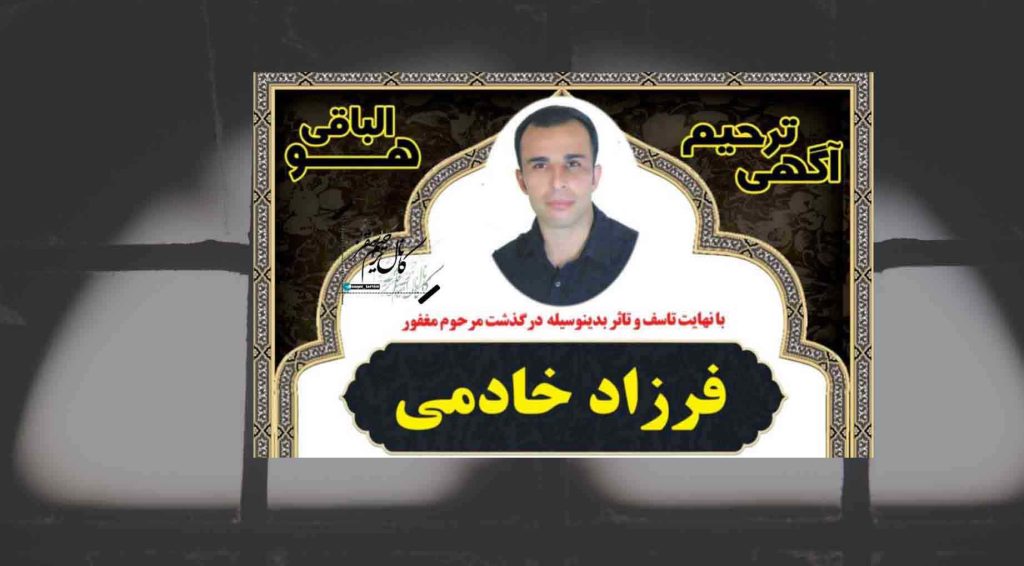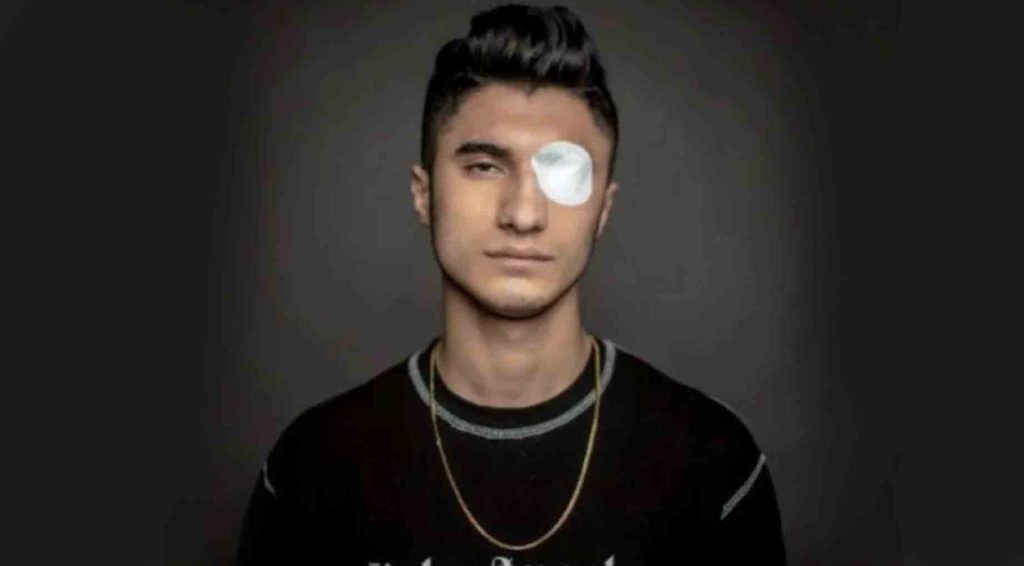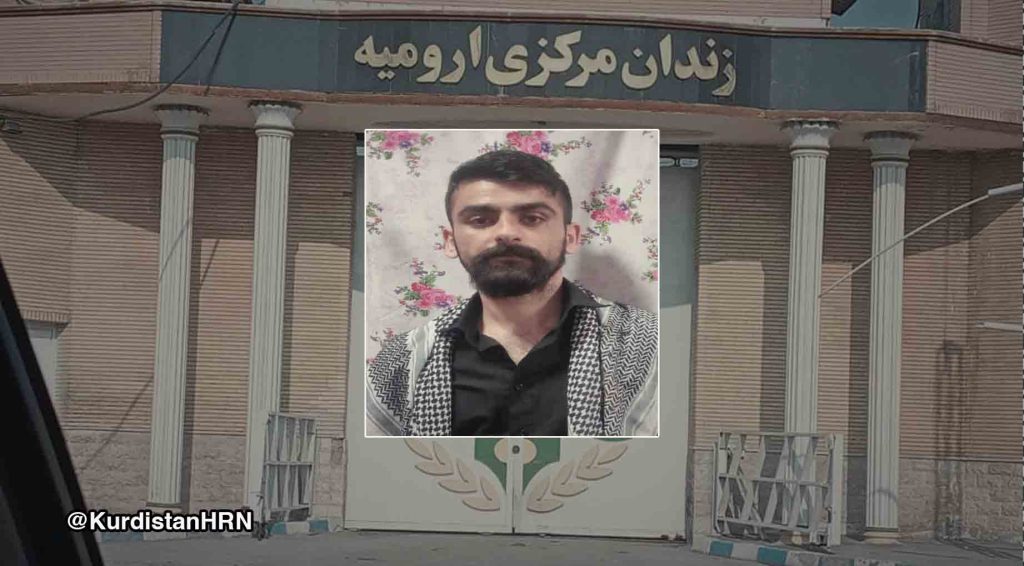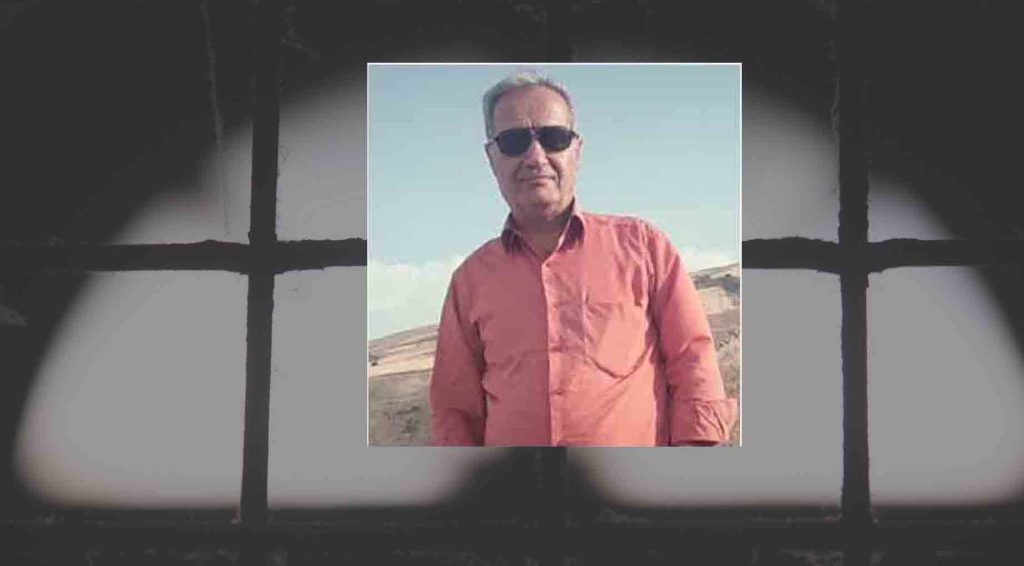Kurdish political prisoner Mohyeddin Ebrahimi was executed today at Orumiyeh Central Prison, in north-western Iran.
At the same time, the death sentences of four other Kurdish civilians, Yasin Rashidi, Jahanbakhsh Radloui, Salim (Mohammad) Ayoubian, and Foruhar Abbasnezhad, who were sentenced to death on drug-related charges, were also executed.
On 15 March, Ebrahimi was moved from the ward for political prisoners to solitary confinement and was visited for the last time by his family the next day.
During the visit, he reiterated that it was “unjust” that he was given the death penalty, the Kurdistan Human Rights Network (KHRN) has learned.
The families and relatives of Ebrahimi and other prisoners, who were transferred to solitary cells for execution, had gathered in front of Orumiyeh Central Prison since yesterday and demanded that the authorities halt the executions of their loved ones.
KHRN has learned that prison officers beat up some of the family members of the prisoners, including Ebrahimi’s son, and detained them for hours.
Although Ebrahimi’s family are waiting in front of the prison, his body has not yet been returned to his family due to the opposition of the security agencies.
Background
Ebrahimi, 43, was shot by Iranian border forces on 3 November 2017 while working as a kolbar and was taken to a hospital in Oshnavieh, West Azerbaijan province.
Three days later he was transferred to the detention centre of the Intelligence Organisation of the Islamic Revolutionary Guard Corps (IRGC) in Orumiyeh, West Azerbaijan province, where he was interrogated and severely tortured for months on the accusation of “carrying weapons” and “membership in the Democratic Party of Iranian Kurdistan (KDPI)”.
A source close to the political prisoner spoke to the KHRN and said: “On 3 November [2017], Mohyeddin Ebrahimi and two horses carrying four cartons of alcoholic beverages in the border region of Oshnavieh with the Kurdistan Region of Iraq were targeted by border forces, during which Ebrahimi was wounded. At the same time, an armed group carrying weapons in the area escaped after seeing the border forces and their horses were seized by these forces.”
According to the source, the IRGC considered the weapon load discovered farther away to belong to Ebrahimi, without providing any evidence.
The political prisoner rejected the IRGC Intelligence Organization’s claims at all stages of his interrogation and trial.
In August 2018, the Branch Two of the Islamic Revolutionary Court of Orumiyeh presided over by Judge Sheikhlou, sentenced him to death on charges of “armed insurrection” (baghi) through his alleged “membership” in the Democratic Party of Iranian Kurdistan (KDPI).
Ebrahimi was denied the right to a court-appointed lawyer throughout his trial.
After the political prisoner appealed against the ruling, the case was referred to Branch 19 of the country’s Supreme Court, which overruled the decision due to a “lack of investigation” and referred the case back to the Branch Two of the Islamic Revolutionary Court of Orumiyeh.
In January 2020, Ebrahimi was sentenced to death by the Revolutionary Court for the second time and the ruling was upheld by the Supreme Court. The Supreme Court rejected a retrial request made last year.
Ebrahimi had been also arrested once in 2010 by security forces on charges of “collaborating with one of the Kurdish opposition parties” and was released from Orumiyeh Central Prison after serving 14 months.
Ebrahimi’s kolbar brother, Noureddin Ebrahimi, was also shot dead by Iranian border forces in 2017.
During Mohyeddin Ebrahimi’s interrogation and trial, the IRGC Intelligence Organisation falsely claimed that his brother was a member of the KDPI and that he was killed in clashes with Iranian military forces.
However, the people of Oshnavieh had confirmed that Noureddin Ebrahimi was shot dead by Iranian military forces while working as a kolbar. Even some government officials in Oshnavieh attended his funeral.
According to a report published on 17 March by Iran Human Rights, 138 people have been executed in Iran in 2023.
The human rights organisation also reported that at least 107 protesters arrested during the recent anti-government protests in the country face the risk of being sentenced to death.

